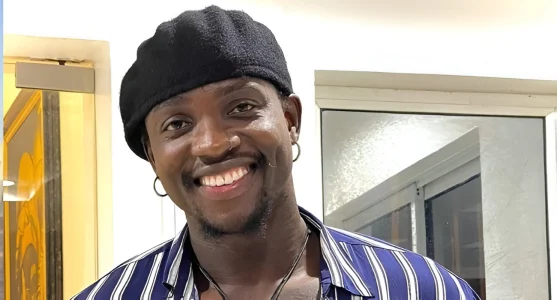The incessant arrest of Nigerians, especially journalists, including online journalists, bloggers, and content creators, by the Nigerian Police Force (NPF) and Economic and Financial Crimes Commission (EFCC), under the Cybercrime Act of 2024 charges, has been likened to the use of Decree 2 of 1984 deployed to jail journalists during the military rule.
This assertion was made by the President of the Nigerian Guild of Editors (NGE), Eze Anaba, while speaking yesterday on African Independent Television (AIT) breakfast programme Kakaaki on why the Cybercrime Act of 2024 should be revisited.
According to him, the continued use of the Cybercrime Act is seriously causing fears to journalists and preventing them from doing their work as enshrined in the Constitution of the Federal Republic of Nigeria which clearly recognised the Press/Media as the “Fourth Estate” or “Fourth Power” of the realm.
He said: “Section 24 of the Cybercrimes Act 2024 represents a harshly punitive attempt to address the problems relating to stalking and harassment, and the Act fails to provide sufficient safeguards against misuse, particularly for peaceful and legitimate exercise of freedom of expression and investigative journalism.”
Anaba said the continued persecution of journalists and bloggers using Section 24 of the Cybercrimes Act 2024 is an attack on Free Speech, saying: “We have security agencies with authoritarian and despotic tendencies who have continued to harass Nigerians with this Cybercrime Act”.
He called for a stop to this state of affairs, saying that Nigerians are not in a “Police State”, even as he said that the Cybercrime Act is another version of Decree 2 of 1984 which the military regime under Major General Muhammadu Buhari used to jail Nigerian journalists.
While commenting on the recent arrest and detention of a social media activist/influencer, Martins Vincent Otse, popularly known as VeryDarkMan (VDM) over allegations of cyberstalking, Anaba said that the security and crime prevention agencies holding VDM illegally.














